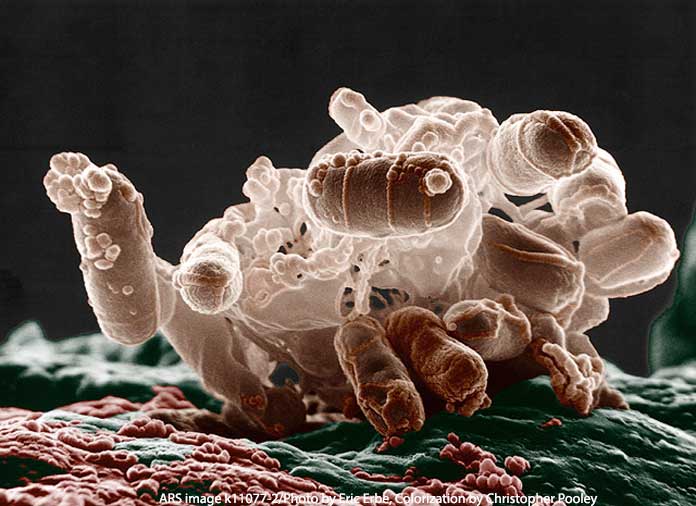Two preschool-aged girls in Monroe Washington have been hospitalized with complications from E. coli infections. Both girls attended Monroe Montessori School. Health Department officials have not yet determined the source of the outbreak, however, the school has been closed as a precaution. The school is being very proactive and cooperating with investigators in getting the 60 students and 10 teachers who may have been exposed tested for E. coli.
One of the preschoolers in the hospital is reported to be suffering an kidney condition called hemolyic uremic syndrome (HUS). HUS is a severe complication of E. coli poisoning that can cause permanent kidney damage or death. HUS is characterized by the body’s destruction of red blood cells, resulting in a condition called anemia and damage to the blood vessel walls. Young children are particularly vulnerable to this horrific condition. One of the most troublesome aspects of E. coli-HUS is unknown future complications.
E. coli at a Daycare
Last year our team of E.coli lawyers recovered a million dollars on behalf of a South Carolina family who lost their toddler to E. coli he acquired at daycare. In the South Carolina case the E. coli infection likely stemmed from one individual who transmitted it person to person, rather than a common source, like a food product. In this case Learning Vine, the daycare the toddler attended, did not shut down or disclose to parents knowledge of the outbreak.
Our law firm is currently representing two families whose children suffered from HUS and E. coli poisoning associated with a Pizza Ranch, a restaurant chain. It was not until we began working with the parents of one of the victims that the public was made aware of the outbreak.
